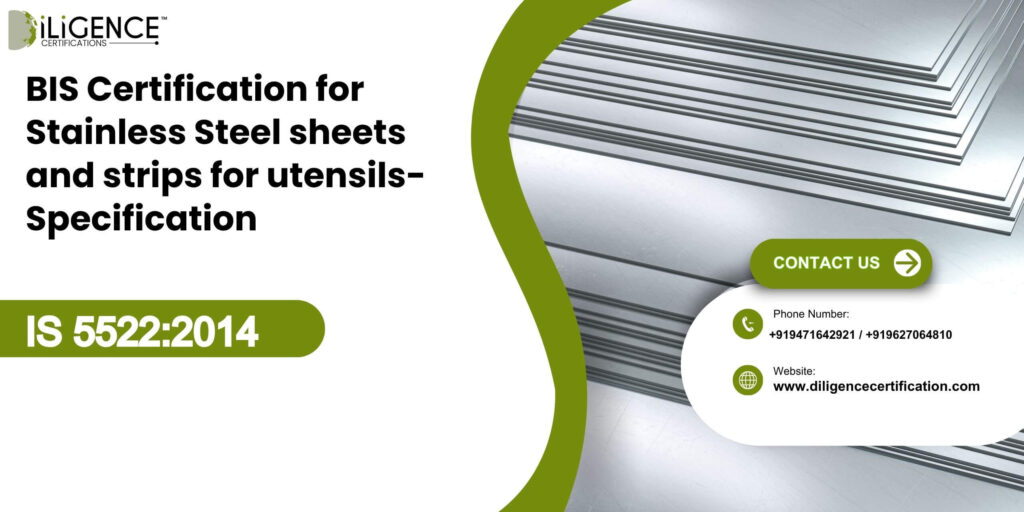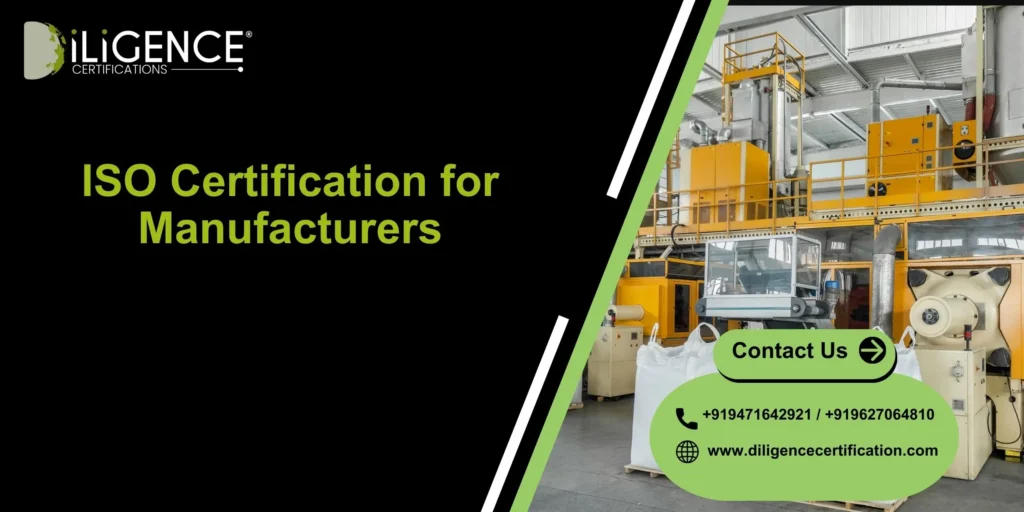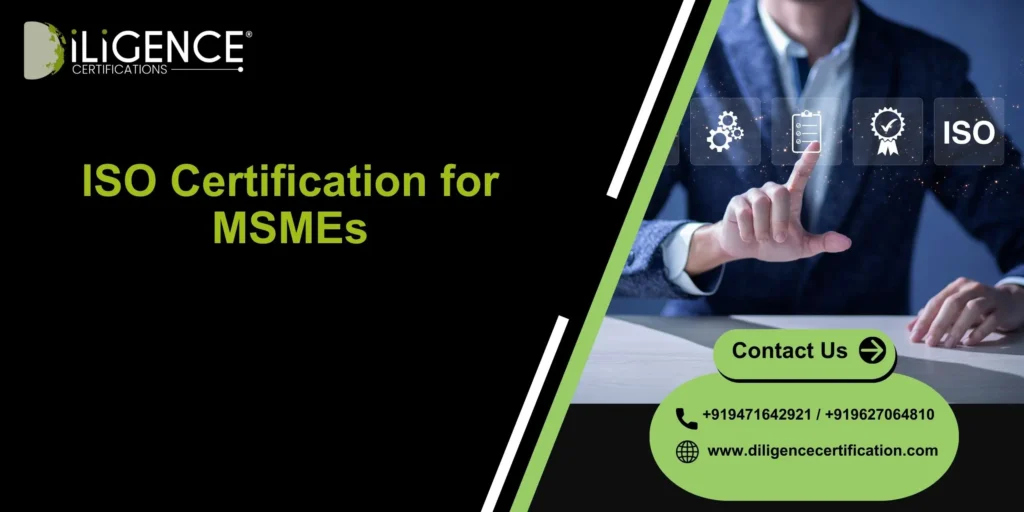- BIS certification under IS 5522:2014 is mandatory for stainless steel sheets and strips used for utensils.
- Allowing the factory testing of samples and complete documentation are the requirements for the approval.
- The majority of delay periods are attributed to the mismatch of grades, the absence of records and poorly conducted in-house testing.
- Matching a product with a BIS licence enhances its marketability, makes it more export-ready and ensures better quality control overall.
Introduction
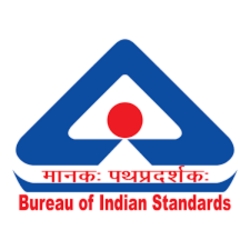
Not long ago, a supplier in Coimbatore witnessed a full shipment of stainless steel sheets being stalled due to non-compliance with IS 5522:2014. At the first glance, the sheets seemed to be fine, but their chemical composition was a bit different, hence they were not suitable for the manufacturing of utensils. Such occurrences are a mirror to how tightly the quality controls of metals in contact with food have been in India. This is the reason why BIS Certification under IS 5522:2014 has become not just a formality but a core requirement for anyone dealing with stainless steel sheets and strips for utensils. Bureau of Indian Standards
What is IS 5522:2014?
IS 5522:2014 is the standard that defines the condition and the method of production of stainless steel sheet and strip for food utensils and their marking. The standard requires that the material is food-grade, corrosion-resistant, and has the right mechanical properties for the manufacture of food vessels or kitchen products. BIS certification based on the standard is the basis for the certification which is compulsory in India for this category of stainless steel.
Key Points:

- It is a means of covering stainless steel sheets and strips that are specifically made for utensils.
- Setting the chemical composition limits for the safety of food contact.
- Specifies mechanical properties like tensile strength and hardness.
- Includes surface finish, thickness tolerance, and defect-free requirements.
- Requires proper marking and traceability for every batch. ISI MARK
Why is BIS Certification Mandatory
BIS certification is a prerequisite for stainless steel sheets and strips that are destined for the manufacture of utensils to be safe and of good quality as per the set standards. It is a source of consumer safety from harmful materials, acts against the presence of substandard products in the market, and makes sure that the manufacturers adhere to uniform and traceable production practices.
Key Points:
- Food safety is ensured by setting limits for the chemical composition of the material.
- Good quality control and authentication of stainless steel materials are ensured so as not to flood the market with low-quality or counterfeit products.
- Creates uniform manufacturing and testing standards across producers.
- Provides traceability and accountability for every certified batch.
- Helps regulators enforce India’s Quality Control Orders effectively.
Importance and Benefits of BIS Certification
| Importance | Benefits |
| Ensures safe, food-grade stainless steel | Reduces product failures and rejections |
| Maintains uniform quality standards | Improves trust among OEMs and retailers |
| Helps meet mandatory QCO requirements | Avoids penalties and compliance issues |
| Ensures traceability and accountability | Strengthens brand credibility |
| Protects consumers from unsafe material | Opens better domestic and export opportunities |
Step-by-Step Process of BIS Certification

Step1:Documentation
- Collect required business and product documents
- Ensure compliance with BIS standards
- Prepare technical files and product details
- Verify authenticity of all submitted records
Step2:Product Testing
- Send product samples to a BIS-recognized lab
- Conduct tests as per relevant Indian Standards (IS)
- Obtain an official test report
- Fix issues if the product fails and retest
Step3:Application Submission
- Fill out the BIS registration form online
- Upload documents and test reports
- Pay the required government fees
- Track application status on the BIS portal
Step4:Scrutiny and Inspection
- BIS reviews documents and test reports
- Factory inspection may be conducted (if applicable)
- Clarifications or additional documents may be requested
- Compliance is verified before approval
Step5:Grant of License
- BIS issues the registration certificate
- Unique R-number or license number is provided
- Manufacturer can affix the BIS mark on products
- Renewal required as per BIS validity timeline
Documents Required for BIS Certification
| Category | Documents Required |
| Business Documents | Business license/registration, ISO certificate, organizational details |
| Manufacturer Details | Factory layout, process flow chart, machinery list, production details |
| Product Documents | Product specifications, component list, user manual, model details |
| Testing Documents | Test report from BIS-recognized lab, sample details, test request form |
| Legal & Compliance | Authorization letter, brand ownership proof, trademark certificate (if any) |
| Import/Foreign Manufacturer (If applicable) | AIR (Authorized Indian Representative) details, contract agreement, overseas manufacturer documents |
Timelines, Costs, Validity & Renewal
- Timelines: Usually from 20 to 30 days, with only 7-15 days for the testing.
- Costs: The cost of the government and the test varies depending on the product. There can be some additional charges though.
- Validity: The validity period is 2 years in most situations.
- Renewal: The renewal is done before the expiration; there should be updated documents/tests; the renewal
Why Choose Diligence Certifications
- Expert team with strong BIS and regulatory knowledge
- Fast, streamlined processing to reduce approval delays
- Accurate documentation and testing coordination
- Transparent guidance with clear communication
- High success rate and complete end-to-end support
Conclusion
BIS Certification for Stainless Steel sheets and strips under IS 5522:2014 for anyone supplying material to the utensil and cookware industry. Basically, it is a prerequisite for any new vendor who desires to enter the industry of utensils and cookware. Thus, it confirms that the steel is safe, of a consistent quality, and fully traceable—features that producers, sellers, and inspectors have already incorporated into their daily work as a normal practice. Due to the increased attention given to materials that come into contact with food, adhering to IS 5522:2014 standards goes beyond mere regulatory requirements; it is about retaining one’s reputation in a competitive market.
Frequently Ask Questions
What is IS 5522:2014?
It is a defining document of Indian Standard characteristics of industrially produced stainless steel sheets and strips for the fabrication of the stainless steel utensils, covering the chemical composition, mechanical properties, and marking.
Is BIS certification under IS 5522:2014 mandatory?
Definitely, it is. According to the Quality Control Orders of India, a BIS certification for stainless steel sheets and strips that are going to be used for the making of utensils is mandatory in India.
Who requires that certification?
The primary target is the manufacturers who produce stainless steel sheets and strips in India, and importers take the next shot.
What tests are specified in IS 5522:2014?
The required tests are chemical composition testing, tensile testing, hardness testing, appearance checking, and thickness verification.
What is the duration of the BIS certification process?
Most of the time the whole procedure would take from 20 to 30 days, and the time for the documents and testing period are the major determinants.
Are foreign manufacturers eligible for BIS certification?
Sure, they can. There is a need to appoint an Authorized Indian Representative (AIR) and comply with BIS rules.
What kind of reasons for application delays are most common?
The reasons that could contribute the most to an application's delay are grade mismatches, lack of records, insufficiency of in-house testing, incomplete calibration certificates, and poor documentation.
What are the BIS certification requirements in terms of documents?
The most important documents are business licences, factory information, product specifications, test reports, process flowcharts, calibration certificates, and documents of AIR for foreign manufacturers.
What is the duration of a BIS licence under IS 5522:2014?
Normally, the license is issued for a period of two years, and within this period, it can be extended if new documents are presented and requirements are met.
Is it possible for a manufacturer to use the ISI mark right after approval?
Yes, that is possible. Just after the issuance of the license number by BIS, a manufacturer may put the ISI mark on the stainless steel sheets and strips in accordance with the BIS guidelines.






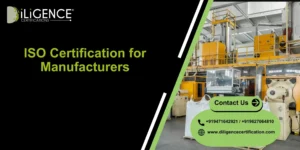
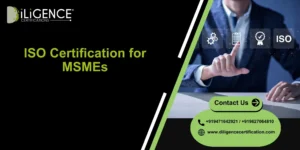
 BIS Certification
BIS Certification
 CDSCO
CDSCO
 CPCB
CPCB
 LMPC
LMPC
 WPC Approval
WPC Approval
 Global Approvals
Global Approvals
 TEC
TEC
 ARAI
ARAI
 BEE
BEE
 ISO Certification
ISO Certification
 DGCA Certification
DGCA Certification
 NOC For Steel
NOC For Steel



















 Business Registration
Business Registration















 Legal Services
Legal Services
 Trademark Registration
Trademark Registration
 Copyright Registration
Copyright Registration
 Patent Registration
Patent Registration
